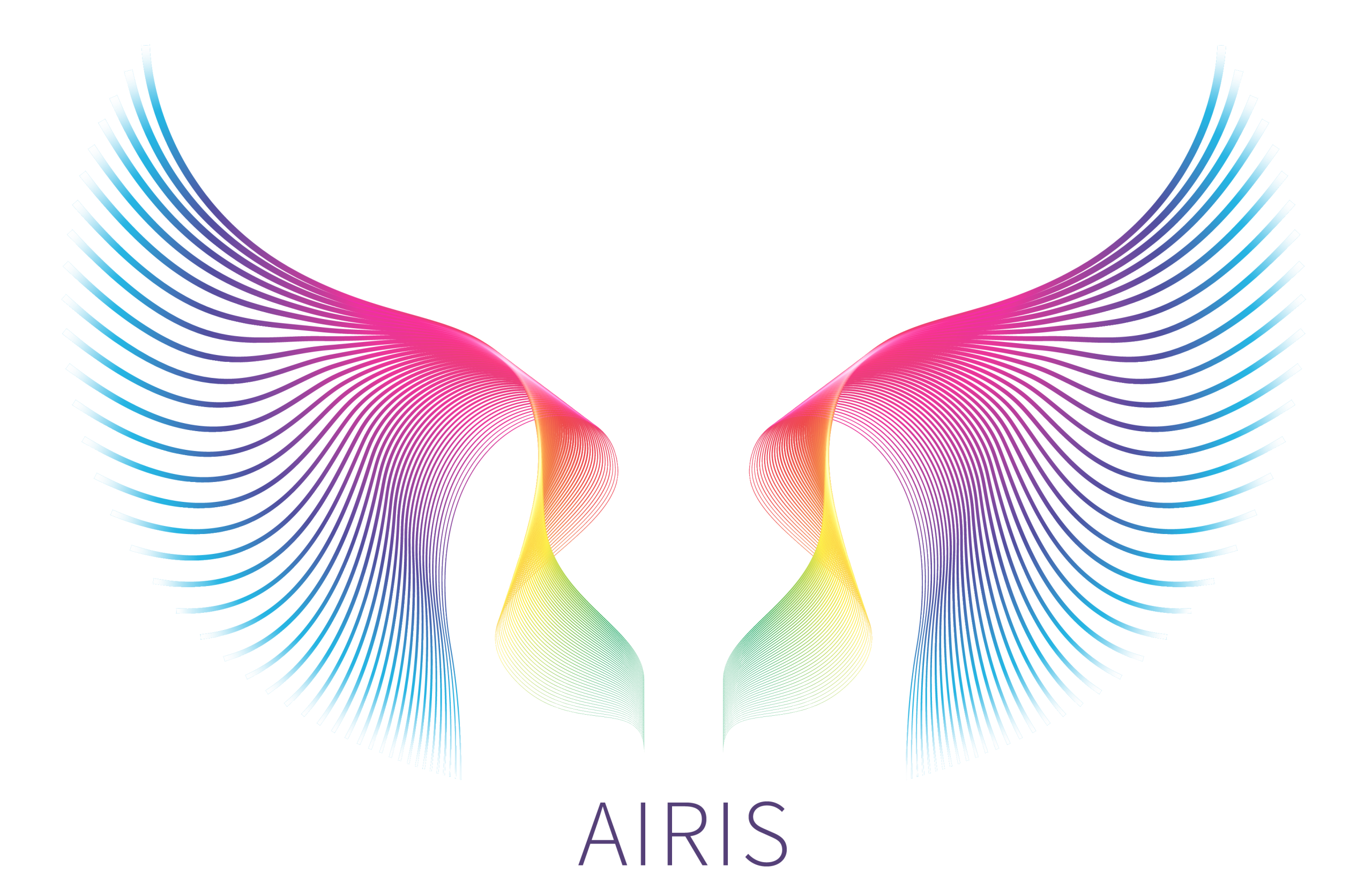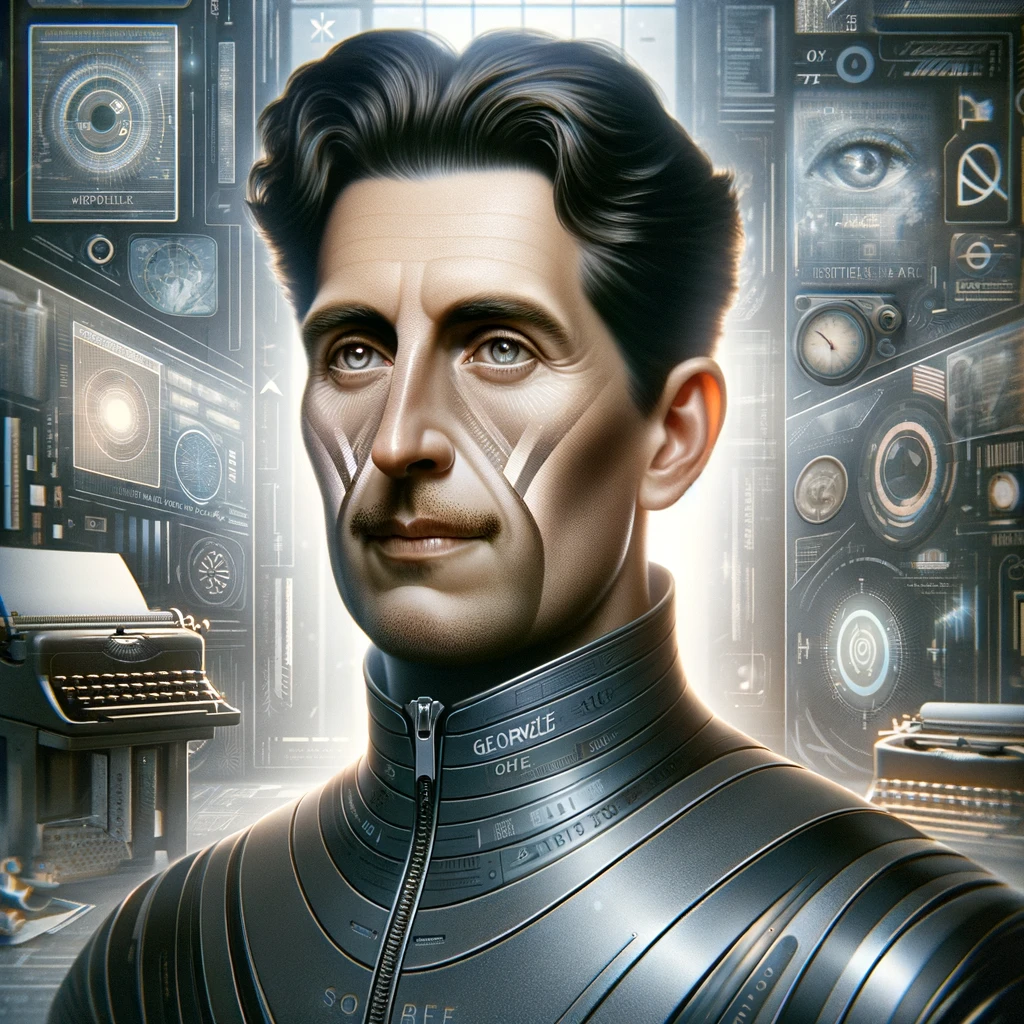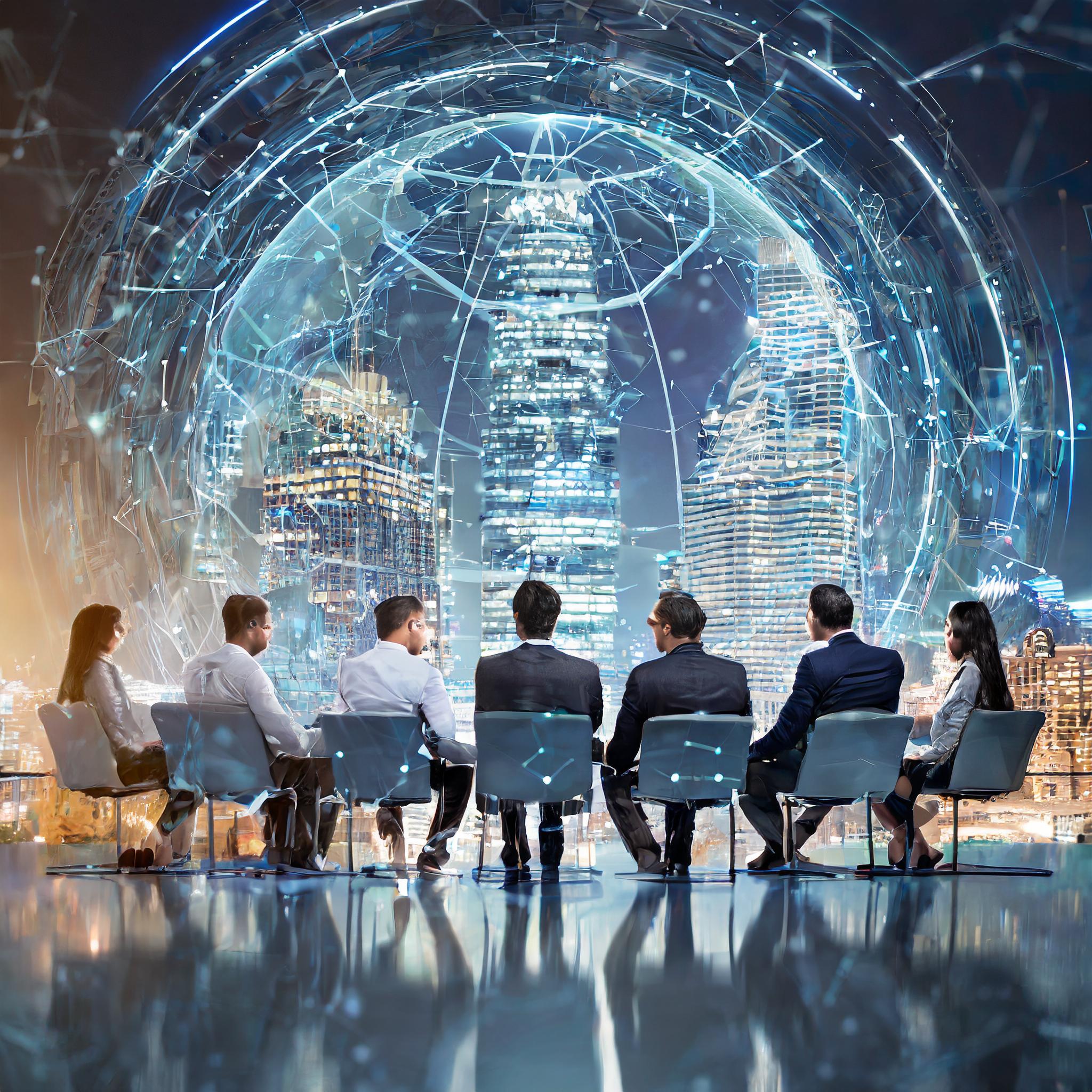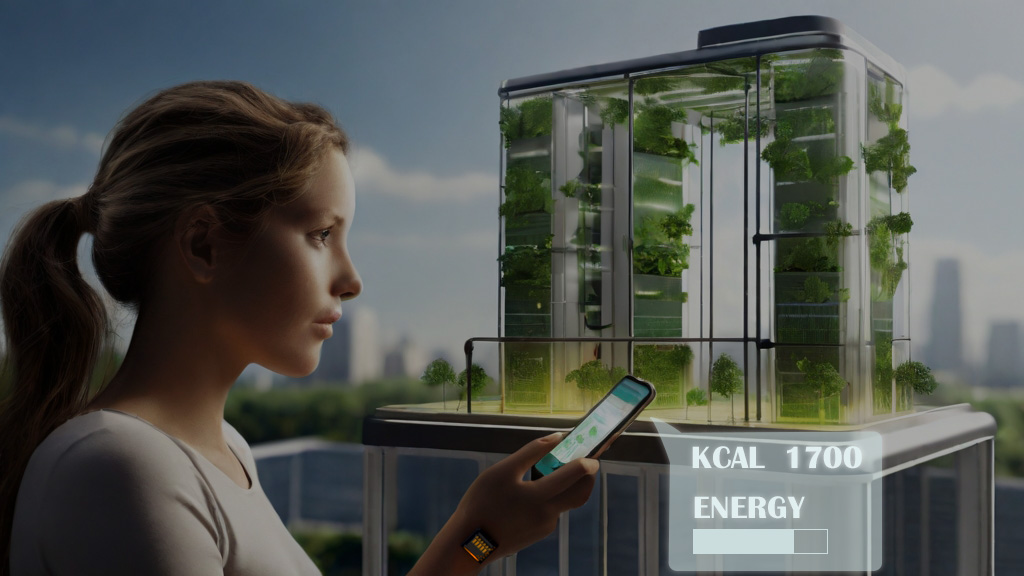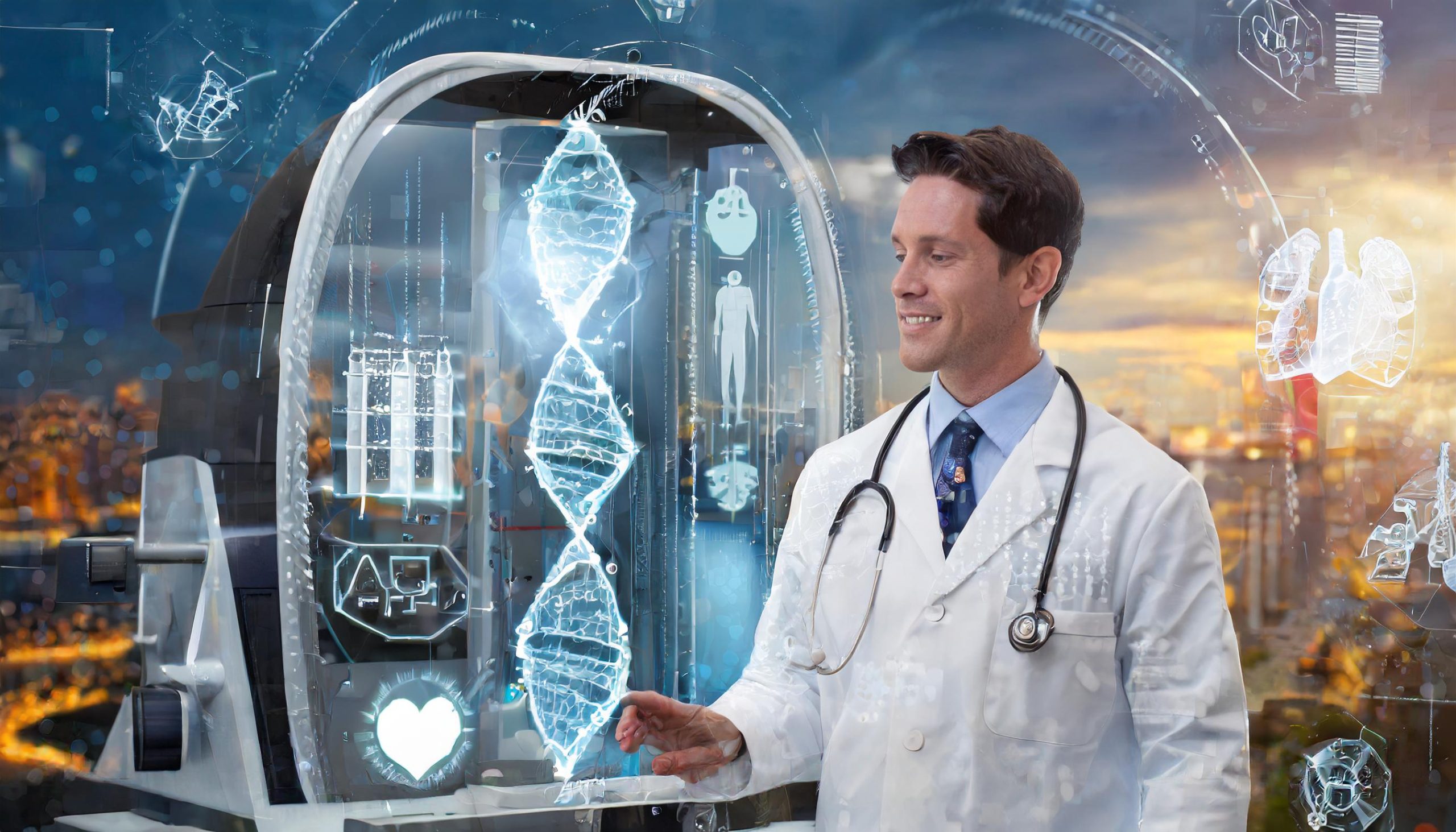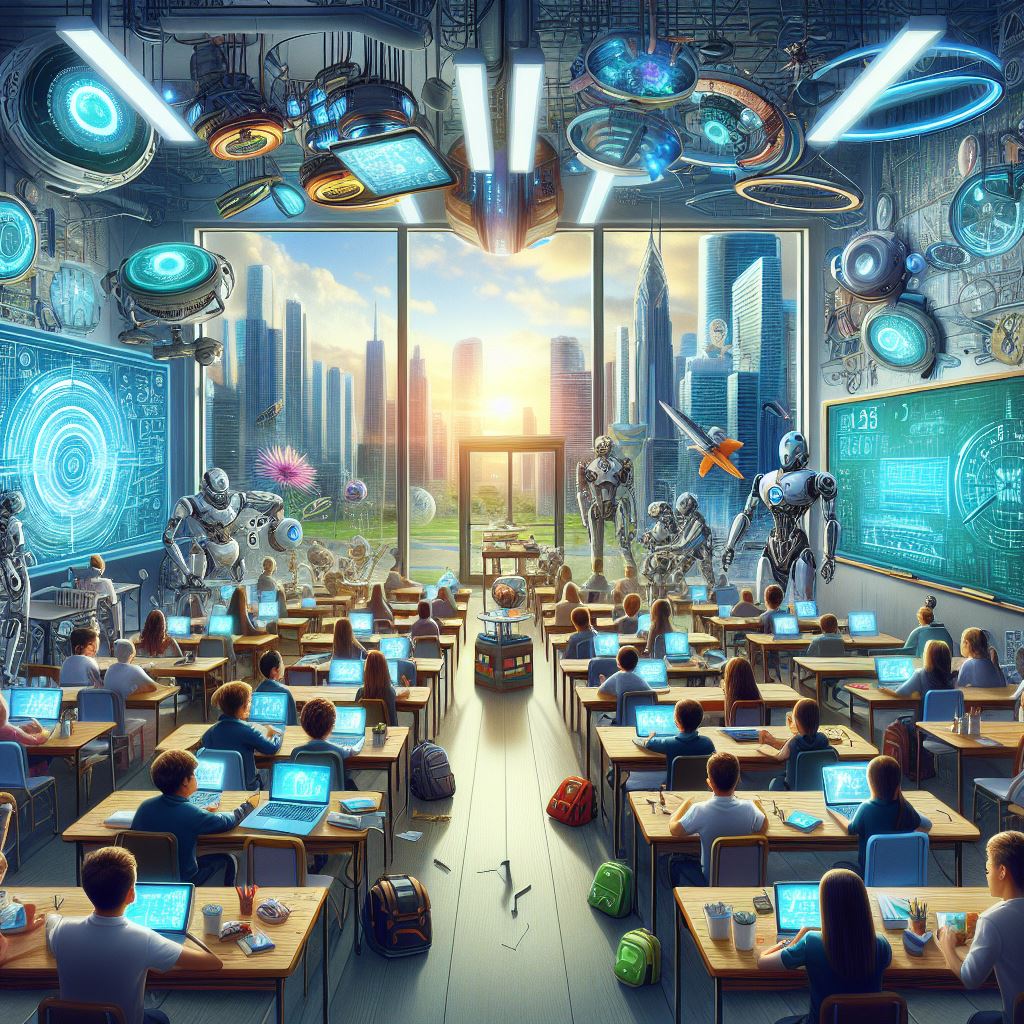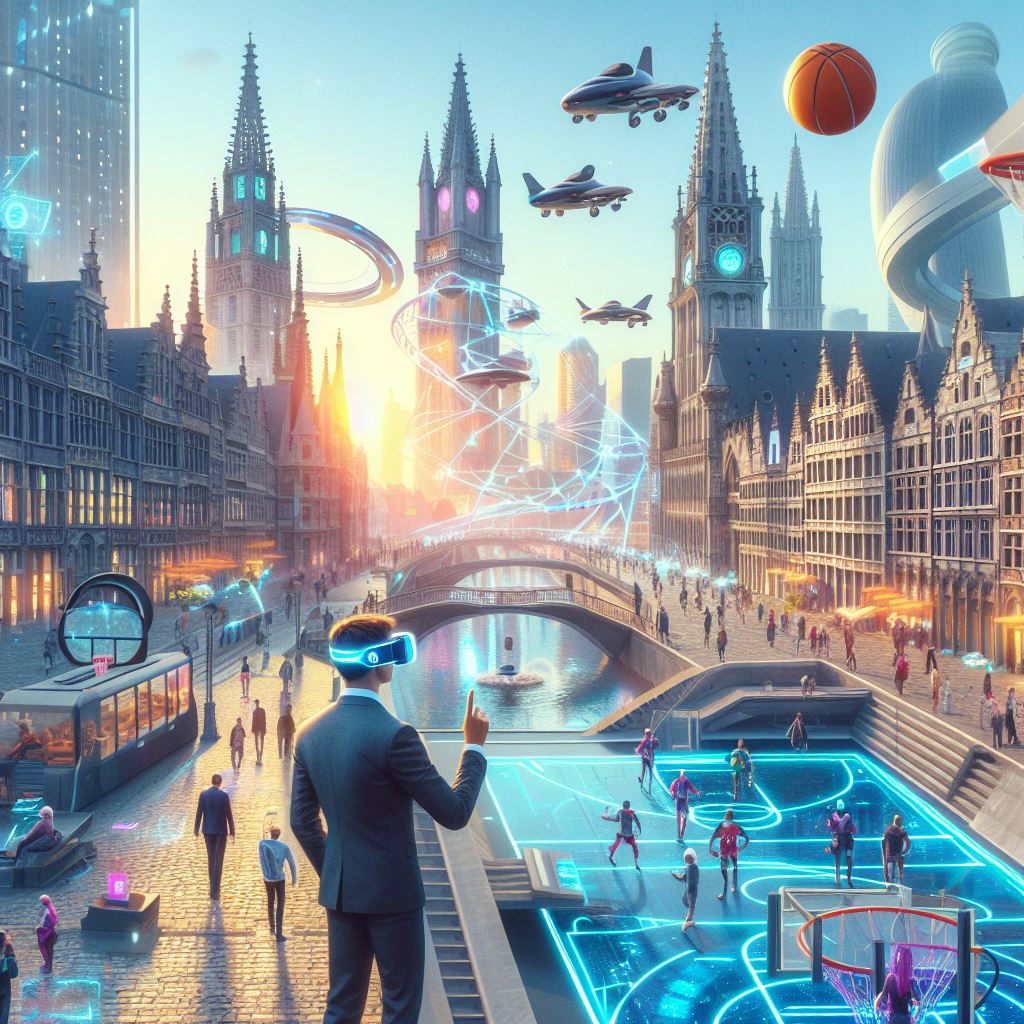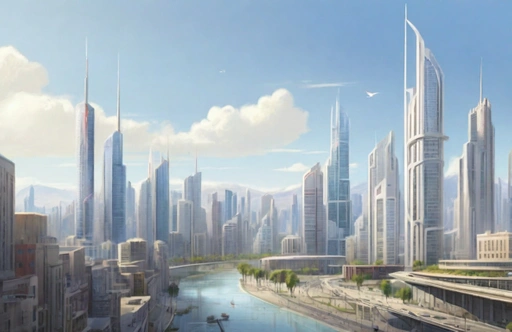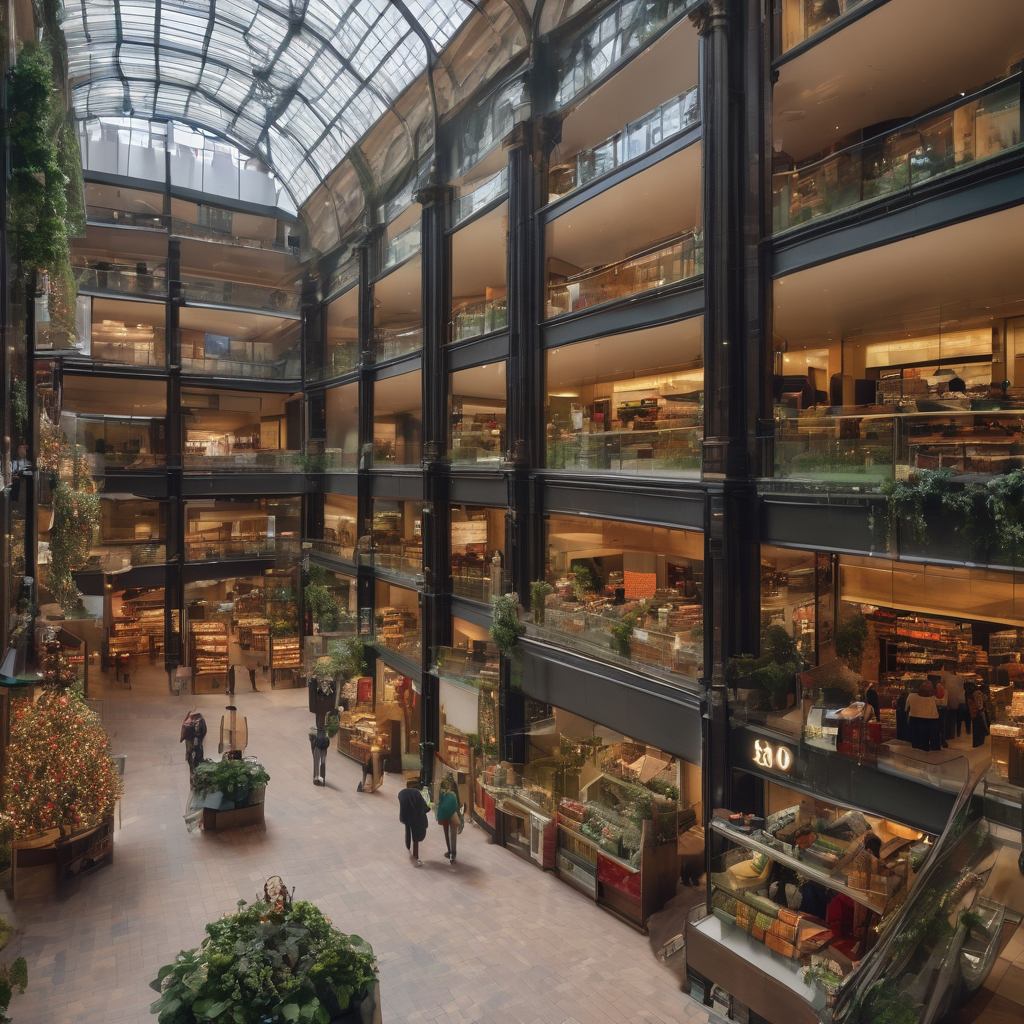During a project week, called Airis Week, the bachelor students of the Communication, Media and Design course at the Arteveldehogeschool are developing a vision for the city of Ghent for various future domains.
What do they want the city to look like in 2084?
Future memories
In addition to the carefully conceived visions of the future, we also asked all students to create an emotional memory with a concrete object...
Big Bang Team!
BBT memberThe Big Bang TeamOnce you have tasted the energy between older and younger people, it will never let you go. It…
Airis Chronicle
Daily reports are published on social media about what happens during Airis Week. Discover the messages below…
Ethical dilemma: 'SipSafe bracelet'
Orwell Group In a world where technology increasingly penetrates our daily lives, innovative solutions are often proposed as an answer…
View the issues that were presented here
- Management: design an AI-enabled governance model for the city. Will AI make decisions? Do we bring an old historical mayor to life with deepfake? How do we organize citizen participation?
- Energy and Sustainability: Design a self-sufficient energy system for the city that uses renewable sources and smart energy networks.
- Food production and safety: Create a local, sustainable food system that provides the city's population with sufficient, nutritious, and safe food.
- healthcare: Develop a future-proof health system using AI for diagnosis and treatment, and a crisis response infrastructure.
- Education and Lifelong Learning: Devise an inclusive and flexible education model that uses technology to deliver personalized learning.
- Economy and Employment: Define a new economic model that takes into account automation and AI, and that provides sustainable employment.
- Artificial Intelligence and Ethics: Formulate ethical guidelines and governance for AI use in all aspects of urban life.
- Entertainment and Leisure: Design new forms of entertainment and recreation that use the latest technologies.
- Social Coherence and Inclusivity: Create strategies to promote social connectedness in a high-tech, diverse society.
- Water management: Design sustainable water systems for consumption and sanitation, including water conservation and purification techniques.
- Waste Management and Recycling: Create a zero-waste city model with innovative recycling and upcycling methods.
- Urban agriculture: Integrate urban agriculture and vertical farms into the urban environment for local food production.
- Digital Infrastructure: Build ultra-high-speed internet and cybersecurity infrastructure to support a smart and safe city.
- Legal Systems: Redefine legal frameworks to meet new technologies and social norms, such as AI legal entities.
- Public Space and Green Design: Design public spaces that promote community building and feature green, sustainable elements.
- Urban Architecture: Innovation in architecture to enable flexible and adaptable living and working, including modular and transformative building designs.
- Spatial Planning: Develop strategies for the growth and layout of the city, including the integration of green areas and the transition to a compact city.
- Local Economy and Trade: Build a local, resilient economy that stimulates local trade and uses technology for new forms of business.
- Cultural Development and Heritage: Create ways to preserve and integrate culture and historical heritage into a future cityscape.
- Climate adaptation: Develop strategies for the city to adapt to climate change and extreme weather events.
- Personal Mobility: Envision future personal transportation options, including the integration of flying vehicles or personal drones.
- Public Safety: Design advanced, non-invasive security systems to ensure city safety without compromising privacy.
- Spacial development: Visualize how urban expansion can take place in harmony with nature conservation and rural areas.
- Utilities: Innovate the supply and management of gas, electricity and other utilities with smart and self-healing networks.
- Public Services: Redefine public services such as the library, postal service and municipal services using digital technologies.
- Mental Health and Wellbeing: Create a system to support mental health, including public wellness centers and online support services.
- Tourism and Hospitality: Consider how tourism can evolve with regards to sustainability and technology, creating a unique experience for visitors.
- Urban nature and animal welfare: Design concepts for the integration of natural habitats in urban settings, including strategies for the well-being of urban fauna
- Future Community Models: Develop concepts for new forms of community living in the urban context, taking into account diversity, co-living and alternative social structures.
- Augmented Reality and Urban Experience: Explore how augmented reality (AR) can be used to enrich the urban experience, from education to art and interaction with the city.
- Robotics in Everyday Life: Consider how robots can be integrated into daily activities and public services, from domestic help to maintenance of public spaces.
- Interactive Urban Art: Create concepts for interactive art installations that enliven urban space and promote community engagement.
- Future of Sport and Physical Activity: Develop ideas about how sport and physical activity will adapt to the urban environment of the future, including new sports and recreational activities.
- Intergenerational Interaction: Consider ways to promote interactions between different generations in the urban environment, including shared spaces and programs.
- Artificial Nature and Bio-design: Design concepts for the integration of artificial natural elements in urban environments, using bio-design and synthetic biology.
- Smart Fashion, Clothing and Wearables: Explore the future of smart clothing and wearable technologies and their impact on personal health, fashion and communication.
- Urban Space Gaming: Create ideas for using gaming in urban spaces, such as geolocation-based games that encourage physical activity and exploration.
- Sustainable Events and Festivals: Consider how major public events and festivals can be organized sustainably, with minimal environmental impact and maximum cultural value.
Discover all visions of the future here
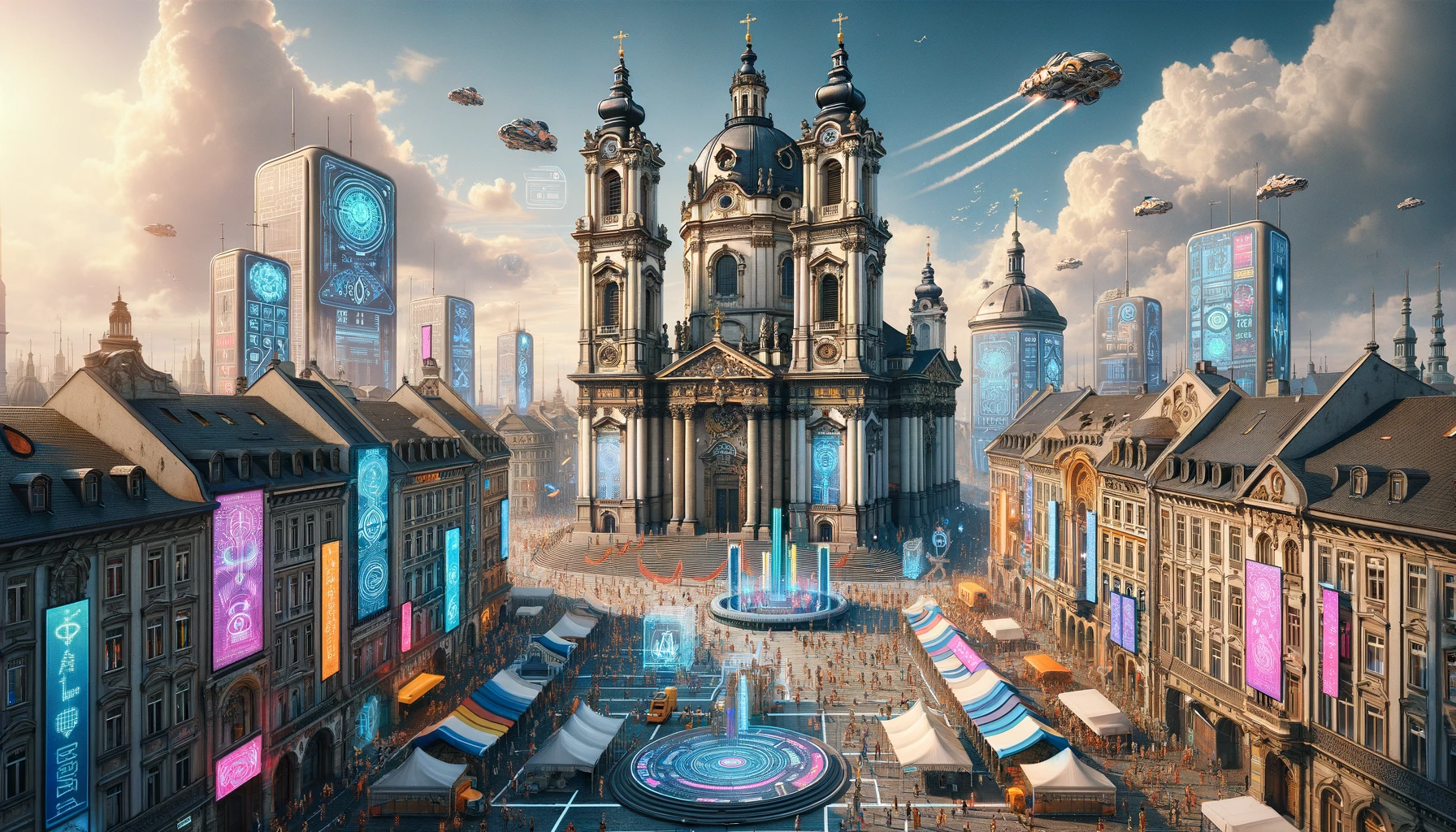
On Friday, February 16, the results of the project week were presented in a final event in the Onze-Lieve Vrouw-Sint-Pieterskerk on Sint-Pietersplein in Ghent.
